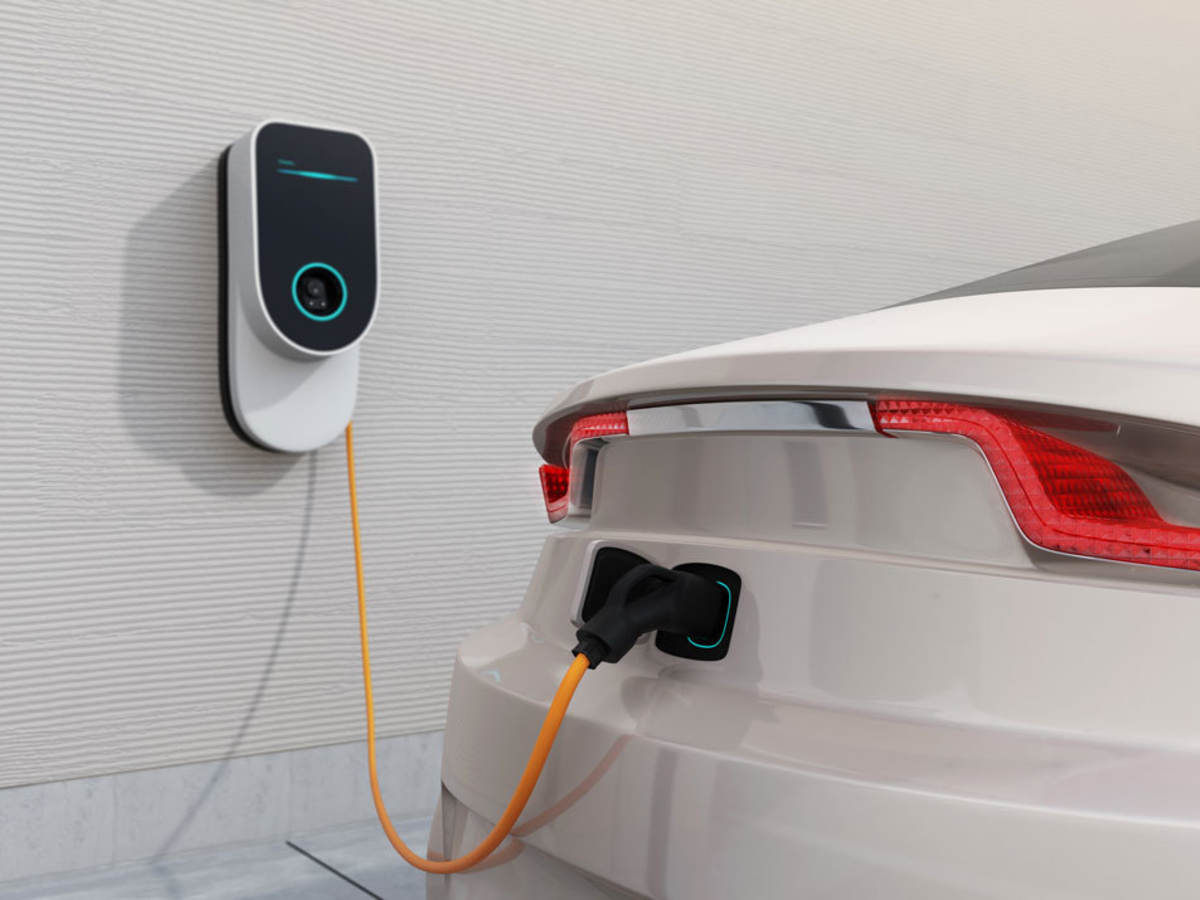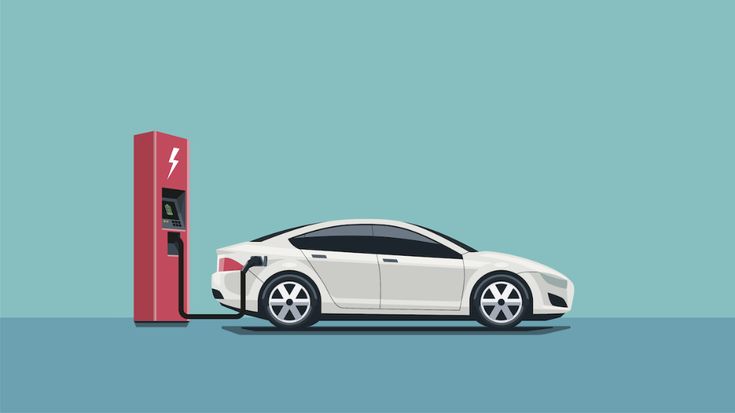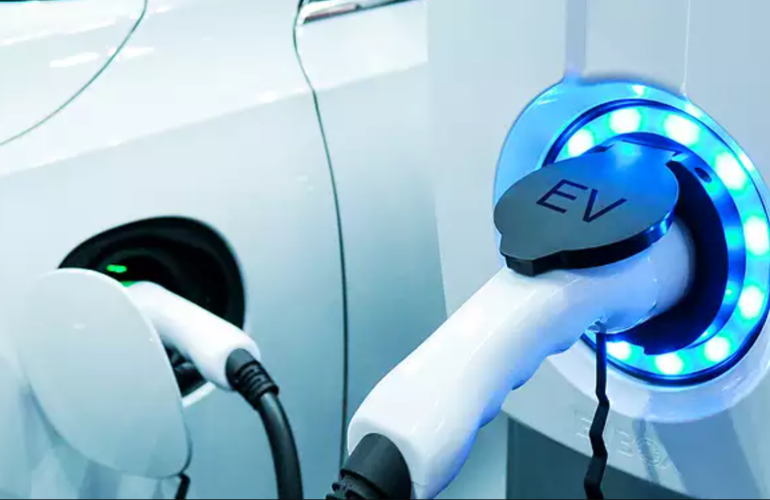Understanding electric vehicles and the jargon that comes with them can be intimidating, especially when it comes to different EV charging technologies. In this article, we’ll go over various Charging Car options, what you should know about them, how they affect charging speed, and how they affect charging time overall.
Three factors influence the Charging speed of your electric car: the charger’s speed, the EV’s maximum supported Charging Car speed and the car’s battery capacity.
How do you know when to replace your Electric Car Charger?
Home charging stations for electric vehicles are an essential part of your EV purchase, so learn everything you can about this aspect of your new vehicle to ensure a safe, quick, and dependable charge. It is possible to charge your voltage-powered vehicle by plugging it into a standard 120-volt electrical outlet; however, in some cases, your system may be unable to handle the task, and in others, you may be wasting time.
Should you upgrade your system? Although not required, an upgrade may be advantageous in some cases.
How does the onboard Electric Car Charger affect charging time?
It is critical to understand that when using a DC charging system, the vehicle’s battery receives energy directly from the Charging station. When using AC charging, however, the vehicle must first convert the AC to DC before storing it in the EV’s battery. As a result, even though the AC charger is capable of a faster Charging Car speed, charging speed from an AC charger is limited by the size of a car’s onboard charger.
Even if you have a three-phase 22kW AC charger installed in your home, your Electric Car Charger can only convert up to 6.6kW on a single phase. As a result, the maximum charging speed will be 6.6kW. Therefore, it may appear that installing an EV charger with a higher capacity than your vehicle can handle is unnecessary. Still, upgrading for potential safety features, intelligent charging options, and future-proofing makes sense.
Knowing your vehicle’s maximum Charging speed is helpful when purchasing a charger for your electric vehicle. You can securely install an EV charger with a higher power rating than what your car can handle, but you won’t be able to use the Electric Car Charger‘s speed to its fullest (until you potentially upgrade your EV in the future).
You’ll notice that we refer to the Charging time for DC chargers as the time to reach 80%. This is because the Charging rate typically drops significantly near the end of the charge. Therefore, when using a DC charger on a long trip, you should only charge your device to about 80% because the benefits diminish as you get closer to 100%.
The most popular car charging locations
According to our Mobility Monitor report, which was based on interviews with thousands of EV drivers (and potential EV drivers) across Europe, these are the most popular places to charge an electric car:
Electric Car Charger for Home
Comparing different charging locations, Electric Car Charger for Home is the most preferred option with a 64 per cent share. Not surprisingly, charging at home provides electric car owners with the convenience of waking up to a fully charged car every day and ensures that they only pay for the electricity they use when compared to the cost of electricity for their homes.
Driving an electric vehicle to work
Thirty-four per cent of current EV owners charge their vehicles at work regularly, and many more have expressed a desire to be able to do so. Who, after all, wouldn’t? Driving to work, concentrating on your work during regular business hours, and then driving home when the day is done sounds convenient. As a result, many businesses are installing EV Charging stations as part of sustainability initiatives and employee engagement plans to accommodate EV-driving visitors and partners.
Centralized Charging
Because cities and local governments are investing so heavily in charging infrastructure, public charging stations are increasing daily. Currently, 31% of EV drivers use them happily, and there are 7.5 EVs for every public charging station, which is excellent. However, as EV sales grow, more public Charging stations will be available in our cities.
Wrapping Up – Electric Car Charger Installation is a long-term investment
Electric Car Charger Installation may not be as inexpensive or straightforward as you first thought. However, by selecting the best installer for you, you can ensure proper and professional Electric Car Charger installation and benefit in the long run. A reliable installation service can make all the difference, from ensuring your charger is safe and compliant with national regulations to increasing the value of your property.



